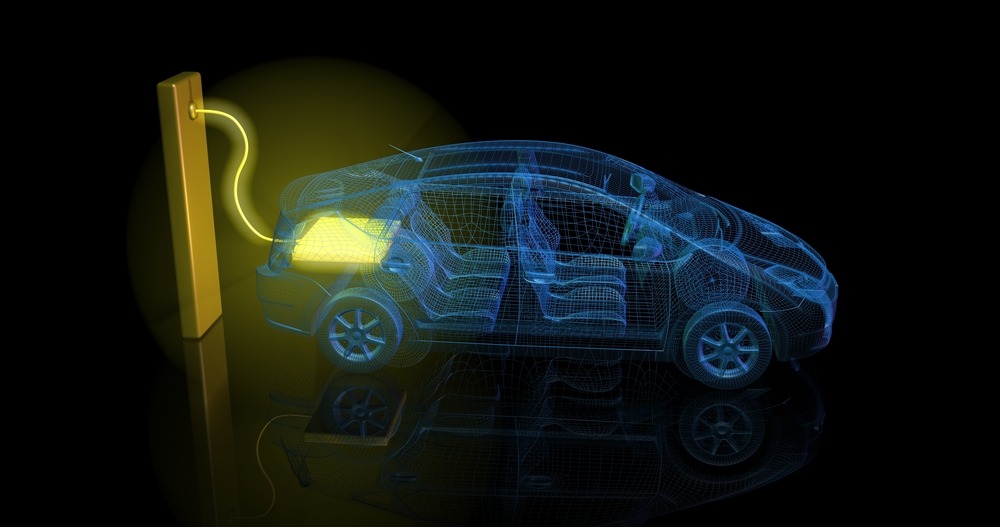
The Department of Energy’s (DOE) Battery500 consortium recently awarded more than $5.7 million in funding awarded to 15 different projects related to electric-vehicle batteries.
The projects were part of $19.4 million the DOE awarded for vehicle technologies research.
Called seedling projects because they involve risky technologies that potentially have a large payoff, the projects were under consideration for 18 months.
The projects will involve partnerships with national labs and universities. Battery500 will be led by DOE’s Pacific Northwest National Laboratory (PNNL).
The goal of the projects is to develop lithium-metal batteries with double the power of today’s batteries based on weight. Currently, batteries produce 170-200 watt-hours per kilogram. Battery500 aims to develop batteries producing 500 watt-hours per kilogram.
The development of higher energy batteries would mean electric vehicles could travel farther between charges. The batteries also would be lighter and cheaper.
“Through our multi-institutional partnership, which includes some of the world’s most innovative energy storage leaders, the Battery500 consortium will examine the best options to create the most powerful next-generation lithium batteries for electric cars,” Jun Liu, Bettery500 director and a PNNL materials scientist, said.
Funding was awarded in four categories in amounts ranging from $225,000 to $3.7 million.